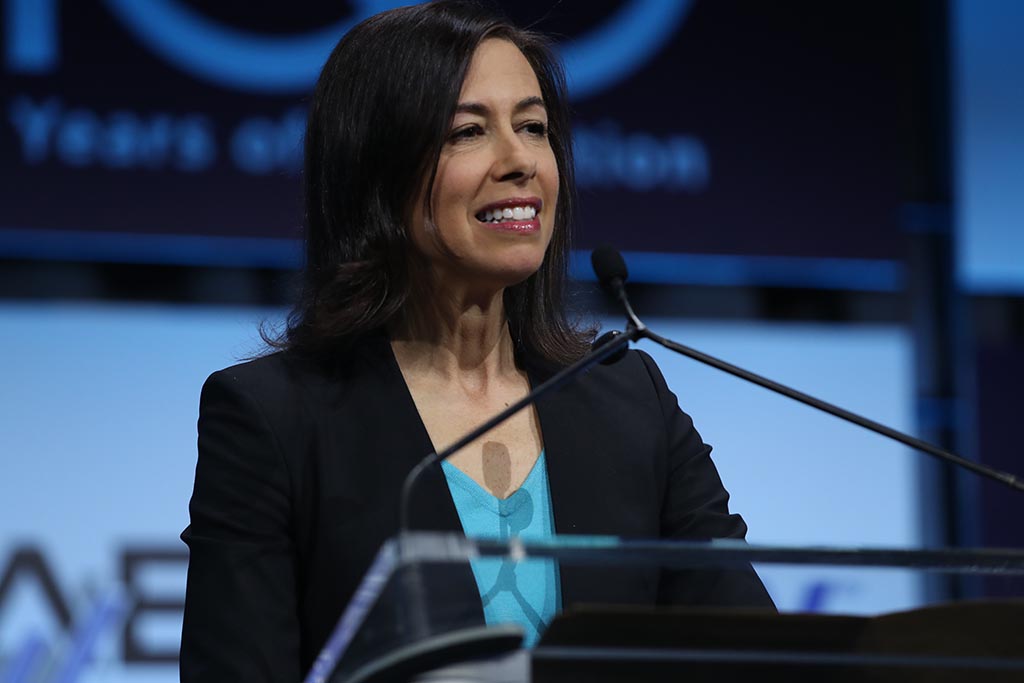Internet Providers Face FCC’s Dual Regulatory Campaign
Net neutrality rules to be joined by digital discrimination regulations

The smarter way to stay on top of the multichannel video marketplace. Sign up below.
You are now subscribed
Your newsletter sign-up was successful
The Biden administration is fighting a two-front war in its campaign to re-regulate internet service providers (ISPs), fronts that opponents fear could include price regulation as ammunition.
The Federal Communications Commission's Democratic majority voted October 19 to propose reclassifying internet access as a Title II telecommunications service subject to some common-carrier regulations and to restore net neutrality rules. And while FCC chair Jessica Rosenworcel has said that will not include price regulation, opponents fear the reclassification could open the door to back-door price controls to achieve universal access.
This month, the FCC is scheduled to vote on rules implementing a section of the Infrastructure Investment and Jobs Act of 2021, rules that would create a framework for equal access to broadband service by preventing digital discrimination. It will almost certainly pass with a 3-2 Democratic majority.
Also Read: White House Promotes Democratizing Impact of Broadband Investment
The Biden administration has told the FCC it should adopt a broad definition of digital discrimination, including in pricing, as it comes up with rules for handing out tens of billions of dollars in broadband buildout subsidies intended to achieve universal deployment by decade's end.
The FCC is planning to adopt such a broad definition, one that includes both intentional and unintentional negative impacts.
ISPs have said that unintentional impacts should not be part of the definition. NTIA, the administration's chief telecommunications adviser, disagrees. ISPs have claimed that a definition that included impacts would divert needed investment in maintaining and improving their networks, but the Biden administration advised the FCC that those claims should be “resisted.”
The smarter way to stay on top of the multichannel video marketplace. Sign up below.
Republican commissioner Brendan Carr, who voted against the Title II reclassification item, clearly sees the dual ISP regulation effort as a one-two punch at innovation and investment, and is punching back.
In a lengthy statement, Carr said: “For the first time ever, those rules would give the federal government a roving mandate to micromanage nearly every aspect of how the Internet functions — from how ISPs allocate capital and where they build, to the services that consumers can purchase; from the profits that ISPs can realize and how they market and advertise services, to the discounts and promotions that consumers can receive.”
The FCC is scheduled to vote on the new rule proposal — which will still require a final vote after time for public input — at its November 15 public meeting.
Contributing editor John Eggerton has been an editor and/or writer on media regulation, legislation and policy for over four decades, including covering the FCC, FTC, Congress, the major media trade associations, and the federal courts. In addition to Multichannel News and Broadcasting + Cable, his work has appeared in Radio World, TV Technology, TV Fax, This Week in Consumer Electronics, Variety and the Encyclopedia Britannica.

